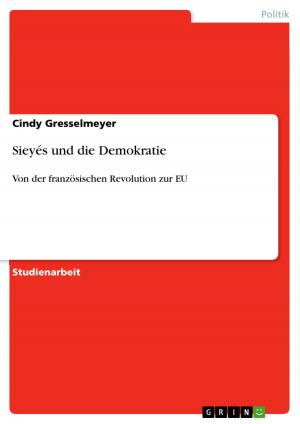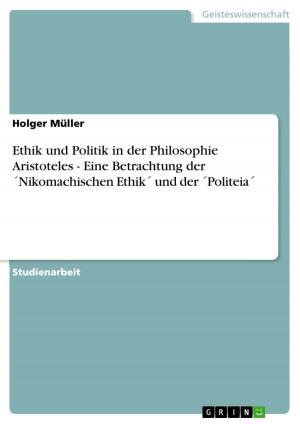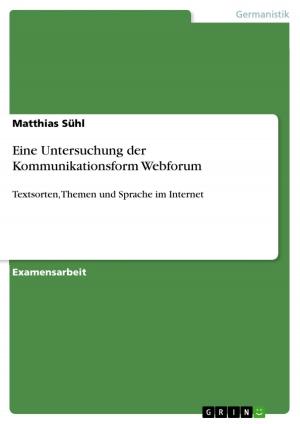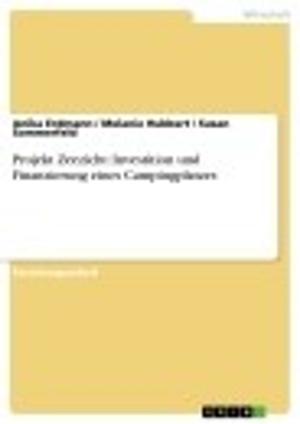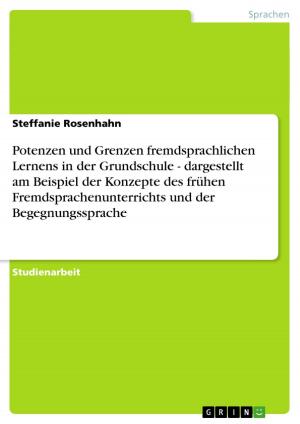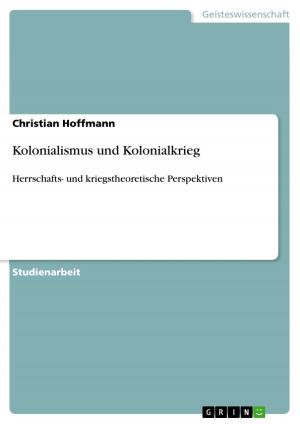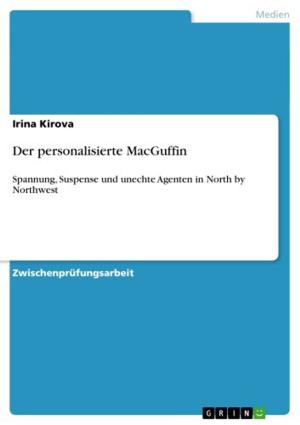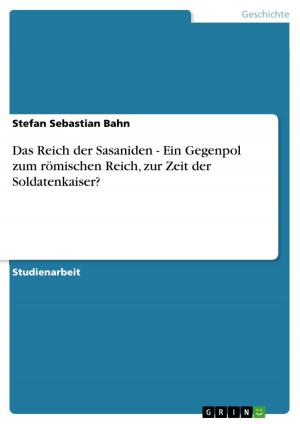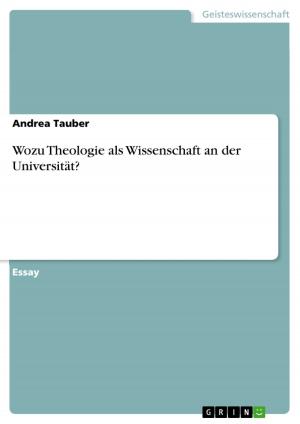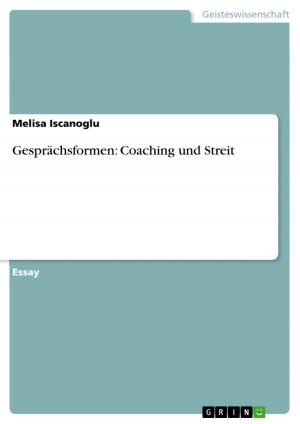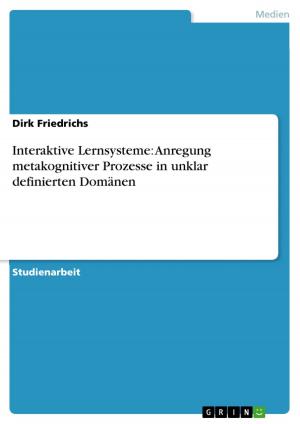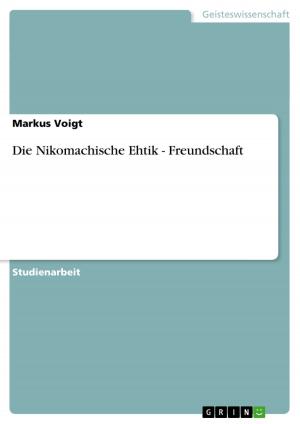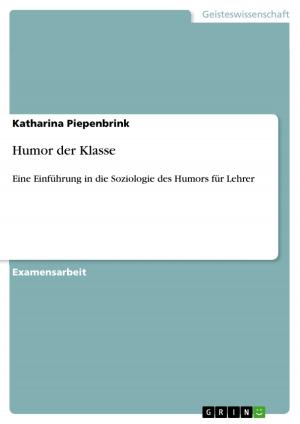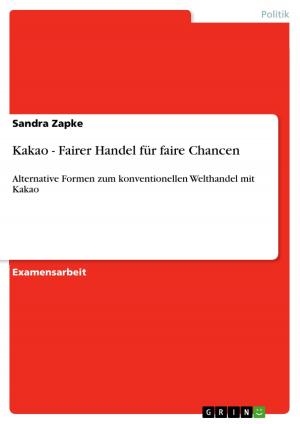The Iranian Revolution of 1978/1979 and how Western newspapers reported it
Nonfiction, History, European General| Author: | Edgar Klüsener | ISBN: | 9783638538305 |
| Publisher: | GRIN Verlag | Publication: | August 25, 2006 |
| Imprint: | GRIN Verlag | Language: | English |
| Author: | Edgar Klüsener |
| ISBN: | 9783638538305 |
| Publisher: | GRIN Verlag |
| Publication: | August 25, 2006 |
| Imprint: | GRIN Verlag |
| Language: | English |
Bachelor Thesis from the year 2006 in the subject History Europe - Other Countries - Newer History, European Unification, grade: 1,0, University of Manchester (School of Languages, Linguistics and Cultures), 55 entries in the bibliography, language: English, abstract: The Iranian revolution of 1978/1979 did in many respects not fit the stereotypes of a Third World revolution. What drove and held together the unique alliance between religious leaders, nationalists, and other groups of society, including the radical left, was therefore hard to understand for westerners. It was even harder to understand, that an Islamic cleric, whom many saw as a backwards religious zealot, could in the end overthrow the authoritarian regime of Shah Reza Pahlevi, although it had the most powerful army of the region and the ubiquitous secret service SAVAK at its disposal. In this background the role of the media was crucial in making events in Iran transparent to the public in the United Kingdom and in Germany. This study will look at how particular newspapers, the Guardian and the Süddeutsche Zeitung, have understood and reported the events. It will also investigate what sources they used and how important the influence of news agencies was. Finally it will analyse to what extent cultural misconceptions and prejudices have or have not tainted the reporting.
Bachelor Thesis from the year 2006 in the subject History Europe - Other Countries - Newer History, European Unification, grade: 1,0, University of Manchester (School of Languages, Linguistics and Cultures), 55 entries in the bibliography, language: English, abstract: The Iranian revolution of 1978/1979 did in many respects not fit the stereotypes of a Third World revolution. What drove and held together the unique alliance between religious leaders, nationalists, and other groups of society, including the radical left, was therefore hard to understand for westerners. It was even harder to understand, that an Islamic cleric, whom many saw as a backwards religious zealot, could in the end overthrow the authoritarian regime of Shah Reza Pahlevi, although it had the most powerful army of the region and the ubiquitous secret service SAVAK at its disposal. In this background the role of the media was crucial in making events in Iran transparent to the public in the United Kingdom and in Germany. This study will look at how particular newspapers, the Guardian and the Süddeutsche Zeitung, have understood and reported the events. It will also investigate what sources they used and how important the influence of news agencies was. Finally it will analyse to what extent cultural misconceptions and prejudices have or have not tainted the reporting.

